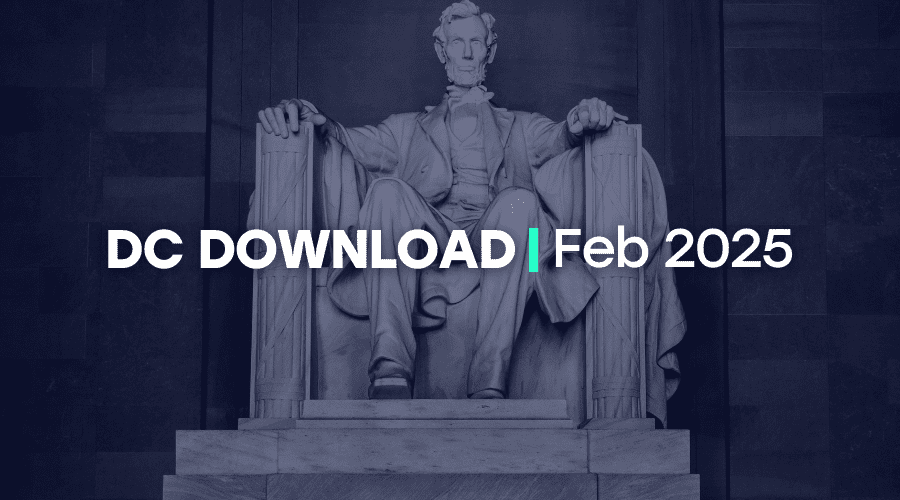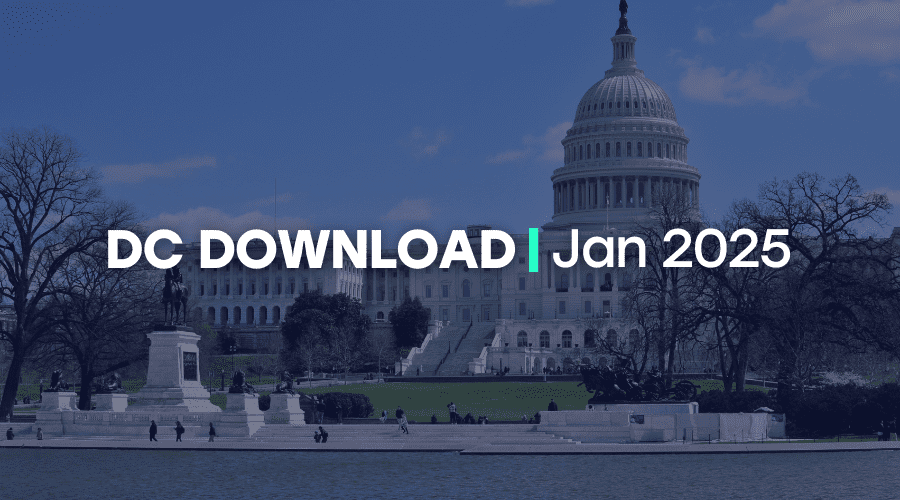As the lead on Independent Sector’s public policy and communications work, I wanted to thank all the readers and the feedback we’ve gotten so far on our new monthly newsletter, Voices for Good. We hope you find the publication, which is delivered the last Wednesday of each month, a valuable update on the policy and advocacy issues at play for our sector. Please continue to let us know how we might improve and post comments (If you aren’t getting the newsletter, please sign up today).
April marks an important “coming and going” for IS. We welcome Ben Kershaw as our new director of government relations in our policy team. In the next issue, you will learn a lot more about Ben in the newsletter. Ben comes from the American Alliance of Museums and the Hill before that. We also look forward to his incredible skill, and his appetite for opportunity. We’re also preparing to bid farewell to Jamie Tucker, known to many of you, no doubt, as one of the anchors of our policy podcast. Jamie’s day job has been as the head of government affairs. He has relocated to North Carolina and lately has been supporting us remotely. We will miss Jamie’s skill, his candor, and his incredible sense of calm. Jamie’s last day will be May 25.
 In this issue of Voices for Good, you’ll note a theme around voter engagement. Earlier in April I attended a policy summit, hosted by the Council on Foundations. While there, I heard Nonprofit VOTE Executive Director Brian Miller talk about how well positioned foundations and nonprofits are to drive of voter participation in the communities they serve. Independent Sector was proud to join the Council and Nonprofit VOTE in sponsoring voter engagement toolkits that were officially released this month. More about those toolkits follows. You can hear more from Brian on our podcast.
In this issue of Voices for Good, you’ll note a theme around voter engagement. Earlier in April I attended a policy summit, hosted by the Council on Foundations. While there, I heard Nonprofit VOTE Executive Director Brian Miller talk about how well positioned foundations and nonprofits are to drive of voter participation in the communities they serve. Independent Sector was proud to join the Council and Nonprofit VOTE in sponsoring voter engagement toolkits that were officially released this month. More about those toolkits follows. You can hear more from Brian on our podcast.
The act of voting holds almost “sacred” importance for us as a sector. Voting is in the very DNA of who we are as the practitioners of civil society. Research has shown that nonprofits also engage the very populations of people often left out of the voting process – people of color, immigrants, low-income people, and young Americans. By engaging in voter participation, we all work toward creating a more equitable society by ensuring all people have voice in their government. So everything we can do to increase levels of voting in the communities we serve, we should do.
And there is another way for us to be thinking about voting as a sector – one that wasn’t top of mind for me until raised in a recent IS-hosted research agenda meeting. We have a pretty solid hunch that “our people” (employees and volunteers in the sector) vote in high numbers. The sooner, and the more quantitatively, we can show that to be true, the sooner we can use voting data from the sector as political clout. In the words of a colleague in that meeting, “We may not contribute to political campaigns, but if we can show that our folks vote in large numbers, that’s political currency.”
It’s currency we need – and it’s research we aim to take on. Stay tuned for more.



